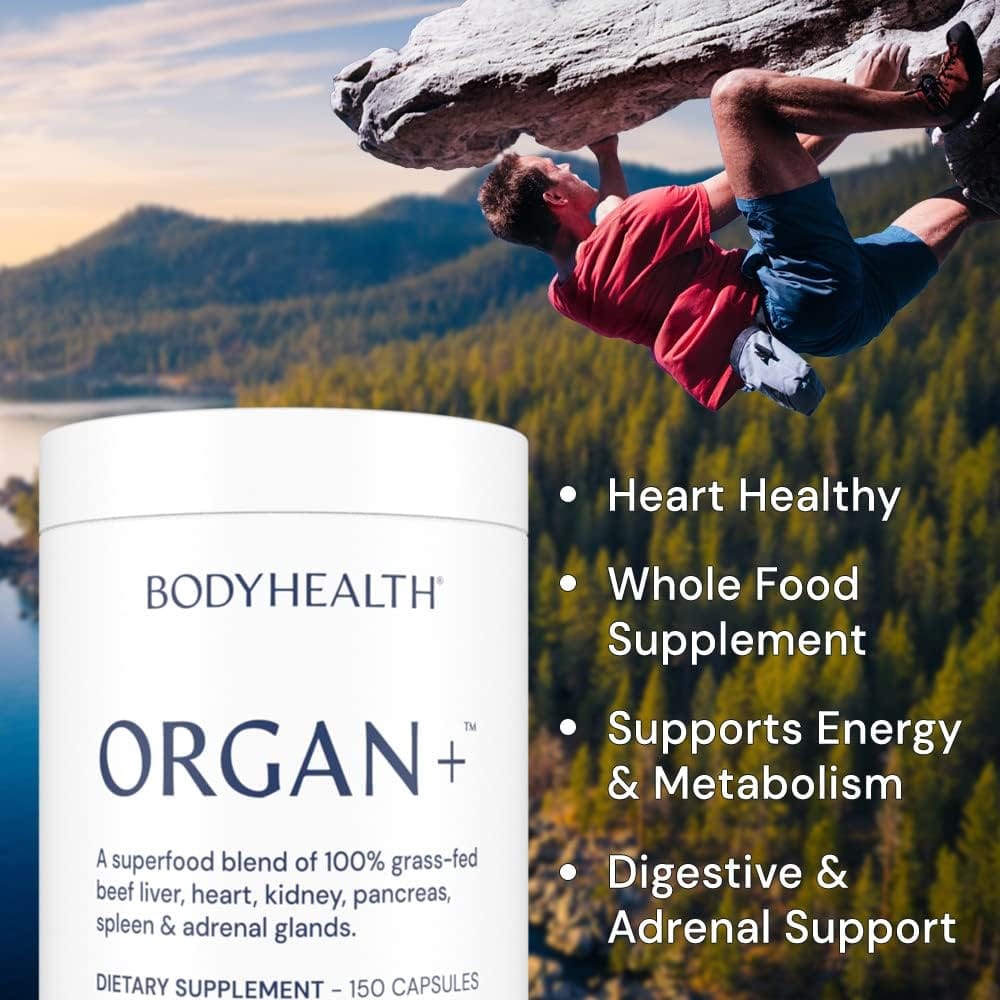Key Takeaways:
- Organ supplements can provide a concentrated source of essential nutrients that support overall health.
- They offer a convenient alternative to consuming organ meats directly, which can be unappealing to some.
- Consulting with a healthcare provider is crucial to determine if organ supplements suit your health needs.
Introduction
In today's fast-paced world, maintaining a balanced diet can be challenging. Many people are turning to organ supplements to ensure they get the essential nutrients their bodies need. But are organ supplements right for you? This article will delve into the benefits, risks, and considerations of consuming organ supplements, helping you make an informed decision.
What Are Organ Supplements?
Organ supplements are derived from the internal organs of animals, such as beef liver, heart, and kidneys. These supplements are typically available in capsule or powder form, making them easy to incorporate into your daily routine. They are often marketed as a supplement form of a natural multivitamin, providing a rich source of vitamins and minerals that support various bodily functions.
Creating organ supplements involves a gentle freeze-drying process that transforms raw animal organs into a consumable form. This method preserves the nutrients, ensuring that you receive all the benefits of eating organ meats without the need to prepare and cook them yourself.
Nutritional Benefits of Organ Supplements
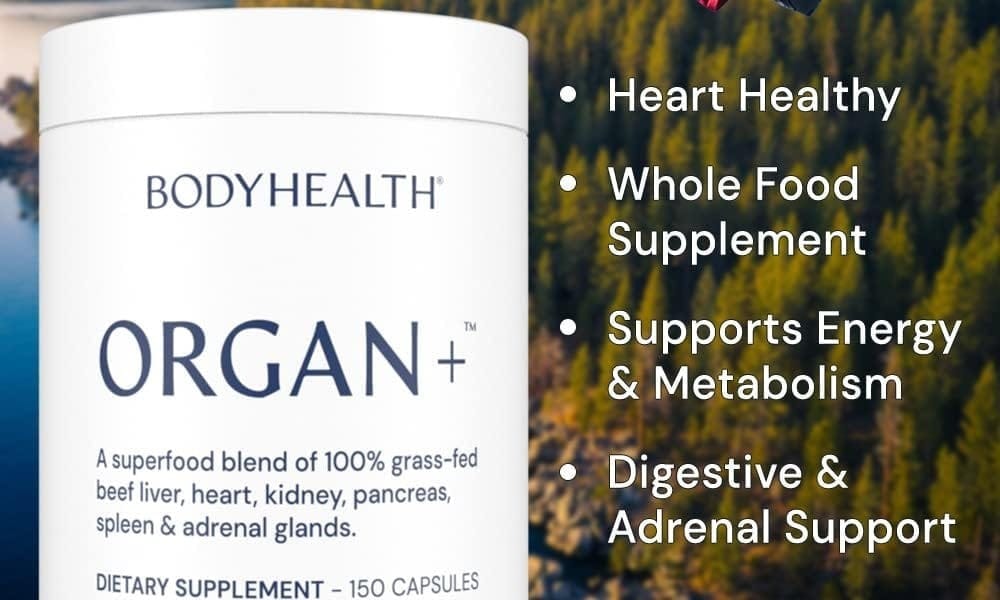
Organ supplements are packed with essential nutrients that are often lacking in modern diets. For example, beef liver is a powerhouse of vitamins and minerals, including vitamin A, vitamin B12, iron, and copper. These nutrients play a crucial role in maintaining healthy skin, boosting energy levels, and supporting the immune system.
In addition to vitamins and minerals, most organ meats and supplements contain amino acids that are vital for muscle growth and repair. Consuming organ supplements can help fill nutritional gaps, especially for those who follow a plant-based diet or have specific dietary restrictions.
Health Benefits of Eating Organ Meats
Eating organ meats offers numerous health benefits that can enhance your overall well-being. For instance, the liver is one of the most nutrient-dense foods available, providing high levels of vitamin A, which is essential for eye health and immune function among other nutrients. Heart meat is rich in CoQ10, a compound that supports heart health and energy production.
Organ meats also contain heme iron, the most bioavailable form of iron, which is crucial for red blood cell production and preventing iron deficiency. Including organ meats in your diet can help improve your energy levels, support detoxification pathways, and promote bone health.
The Convenience of Organ Supplements
While eating organ meats can provide significant health benefits, not everyone finds them palatable. Organ supplements offer a convenient alternative to eat organ meat, allowing you to reap the nutritional benefits without having to eat organs directly. This can be particularly appealing for those who are squeamish about consuming internal organs or have limited access to high-quality organ meats.
Organ supplements are also a practical option for busy individuals who may not have the time to prepare and cook organ meats regularly. By taking supplements, you can ensure that you are getting the essential nutrients your body needs to function optimally.
Potential Risks and Considerations
While organ supplements can be beneficial, it's important to be aware of potential risks. Consuming too much vitamin A, for example, can lead to toxicity, causing symptoms such as dizziness, nausea, and even liver damage. It's crucial to follow the recommended dosage and consult with a healthcare provider to avoid excess vitamin intake.
Another consideration is the source of the animal organ supplements. Opt for products made from healthy animals that are pasture-raised or grass-fed to ensure the highest quality and safety. This reduces the risk of contaminants and ensures that you are getting the most nutrients from the supplements.
Comparing Organ Supplements to Synthetic Vitamins
One of the advantages of organ supplements over synthetic vitamins is that they provide nutrients in their most bioavailable forms. This means that the body can absorb and utilize these nutrients more effectively compared to synthetic alternatives. For example, the vitamin B12 found in organ supplements is more easily absorbed than the synthetic version found in many multivitamins.
Additionally, organ supplements offer a broader spectrum of nutrients and vitamins that work synergistically to support overall health. While synthetic vitamins often contain isolated nutrients, organ supplements provide a natural balance of vitamins, minerals, and other beneficial compounds.
The Environmental Impact of Organ Supplements
When we talk about organ meat supplements, it's essential to consider their environmental footprint. Unlike synthetic muscle meat supplements, which often require extensive industrial processes, organ supplements can be sourced from pasture-raised animals. This practice not only supports sustainable farming but also ensures that the animals are treated humanely. By choosing grass-fed and pasture-raised options, you contribute to a more eco-friendly and ethical food system.
Moreover, the gentle freeze-drying process used in creating these supplements helps preserve the nutrients of healthy animals, without the need for harmful chemicals. This method ensures that key nutrients like vitamin B, vitamin D, and essential minerals remain intact. By opting for organ supplements, you're not just benefiting your health but also making a conscious choice to support environmentally friendly practices.
The Science Behind Nutrient Absorption
Understanding how the human body absorbs nutrients from organ meat supplements can be quite fascinating. Unlike synthetic supplements, which may not be fully absorbed, organ supplements offer a more bioavailable form of nutrients. This means that your body can more efficiently utilize the vitamins and minerals found in consumable organs like the liver, beef heart, and other varieties eat organ meats too.
For instance, eating liver provides a rich source of vitamin A, vitamin B, and iron, which are crucial for red blood cells and overall health. Many organ meats also contain fat-soluble vitamins like vitamin E and vitamin D, which are essential for various bodily functions. By incorporating these supplements and muscle meats into your diet, you ensure that your body receives a balanced intake of nutrients, which can be particularly beneficial for those on a plant-based diet or those experiencing nutrient deficiencies due to modern lives.
The Role of Organ Supplements in a Balanced Diet
Incorporating organ supplements into your diet can help ensure that you are getting a wide range of essential nutrients. However, they should not replace a balanced diet that includes a variety of whole foods. Organ supplements can complement your diet by filling in nutritional gaps and providing additional support for specific health needs.
For those who struggle to eat a diverse range of foods, organ supplements can be a valuable addition to their nutritional regimen. They can help support energy levels, immune function, and overall well-being, making it easier to maintain a healthy lifestyle.
Addressing Common Health Concerns

Some people may have concerns about the safety of consuming organ supplements, particularly regarding conditions like bovine spongiform encephalopathy (BSE), also known as mad cow disease. It's important to choose supplements for other organs only from reputable sources that adhere to strict safety standards to minimize any risk.
Additionally, individuals with certain health conditions, such as high cholesterol or heart disease, should consult with their healthcare provider before taking organ meats offer supplements. While organ meats are nutrient-dense, they can also be high in cholesterol, which may not be suitable for everyone.
The Importance of Quality and Sourcing
When choosing organ supplements, quality and sourcing are paramount. Look for products made from animals that are pasture-raised or grass-fed, as these are more likely to be free from harmful additives and contaminants. High-quality supplements will also undergo rigorous testing to ensure their safety and efficacy.
It's also beneficial to choose supplements that use a gentle freeze-drying process, as this helps preserve the nutrients and ensures that you are getting the most benefits from the product. By prioritizing quality, you can maximize the health benefits of organ supplements.
Practical Tips for Incorporating Organ Supplements
Incorporating organ supplements into your daily routine can be simple. Start by following the recommended dosage on the product label and gradually increase if needed. It's often best to take organ supplements with meals to enhance absorption and reduce the other risk factors of digestive discomfort.
For those who are new to organ supplements, starting with liver capsules can be a good option, as they are widely available and offer a broad range of nutrients. As you become more comfortable, you can explore other organ supplements, such as heart or kidney, to diversify your nutrient intake.
The Future of Organ Supplements
As more people become aware of the nutritional benefits of eating organ meat, the popularity of organ supplements is likely to continue growing. Advances in supplement technology and sourcing practices will further enhance the quality and accessibility of these products, making it easier for individuals to incorporate them into their diets.
The future of organ supplements also holds potential for personalized nutrition, where supplements are tailored to meet individual health needs and goals. This could revolutionize the way we approach nutrition and other health issues, providing more targeted and effective solutions.
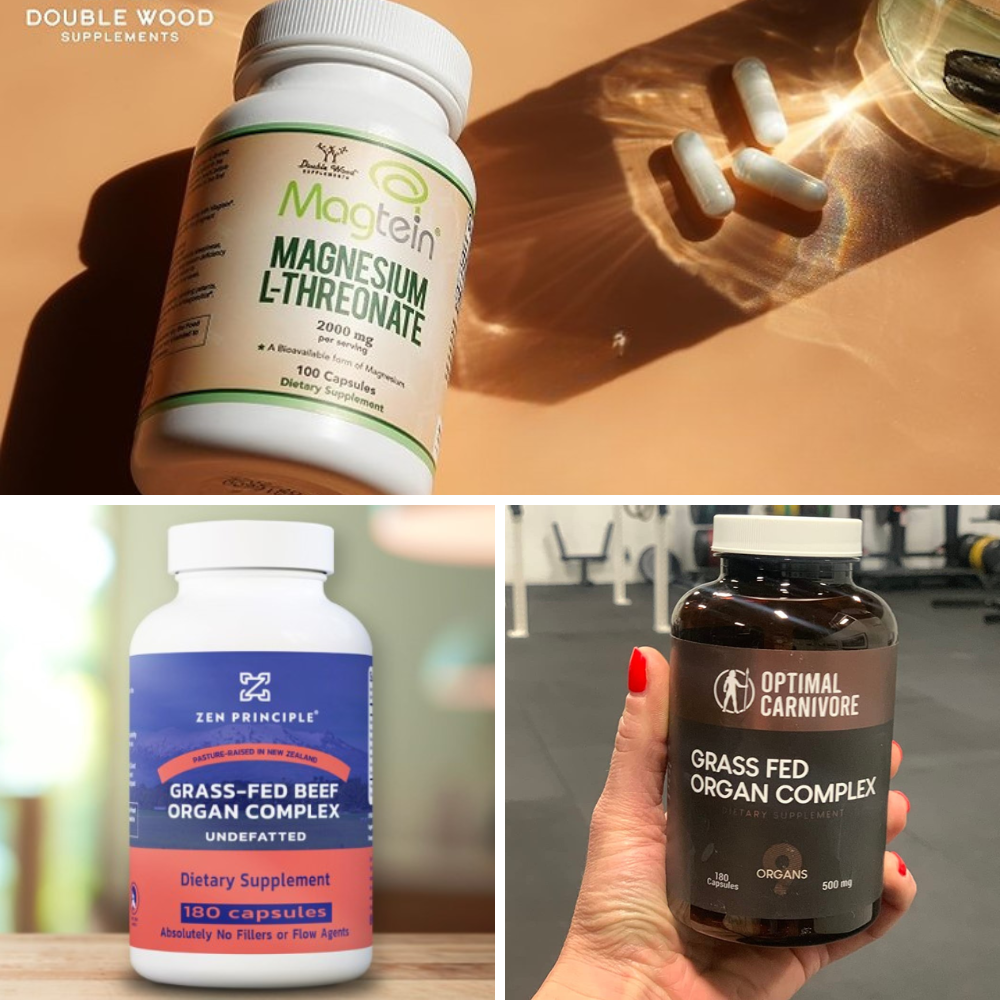
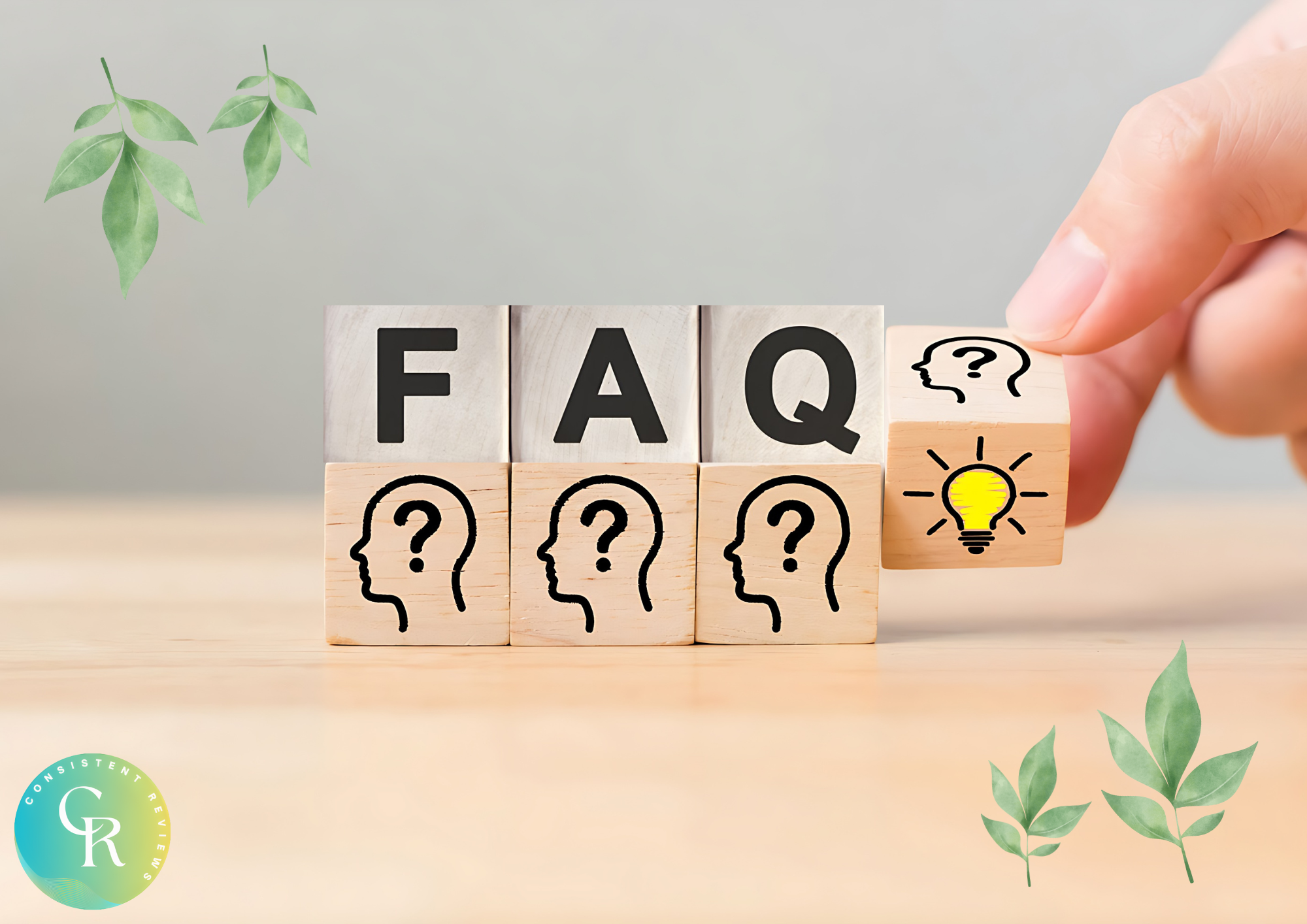
How do I choose a high-quality organ supplement?
Look for supplements made from pasture-raised or grass-fed animals and those that use a gentle freeze-drying process. Reputable brands will also provide information on their sourcing and testing practices to ensure safety and efficacy.
Are organ supplements safe for everyone?
Organ supplements are not safe for everyone, as their safety depends on individual health conditions, potential allergies, and the risk of nutrient toxicity. While they are nutrient-rich and can offer significant health benefits, individuals with specific medical conditions such as liver disease, hemochromatosis, or gout, as well as pregnant women, should be cautious. The quality and sourcing of these supplements are also crucial to avoid contaminants. Consulting a healthcare provider before starting organ supplements is essential to ensure they are appropriate for your health needs.
Can organ supplements replace a balanced diet?
Organ supplements should not replace a balanced diet but can complement it by providing additional nutrients. It's important to consume a variety of whole foods to ensure you are getting a wide range of essential nutrients.
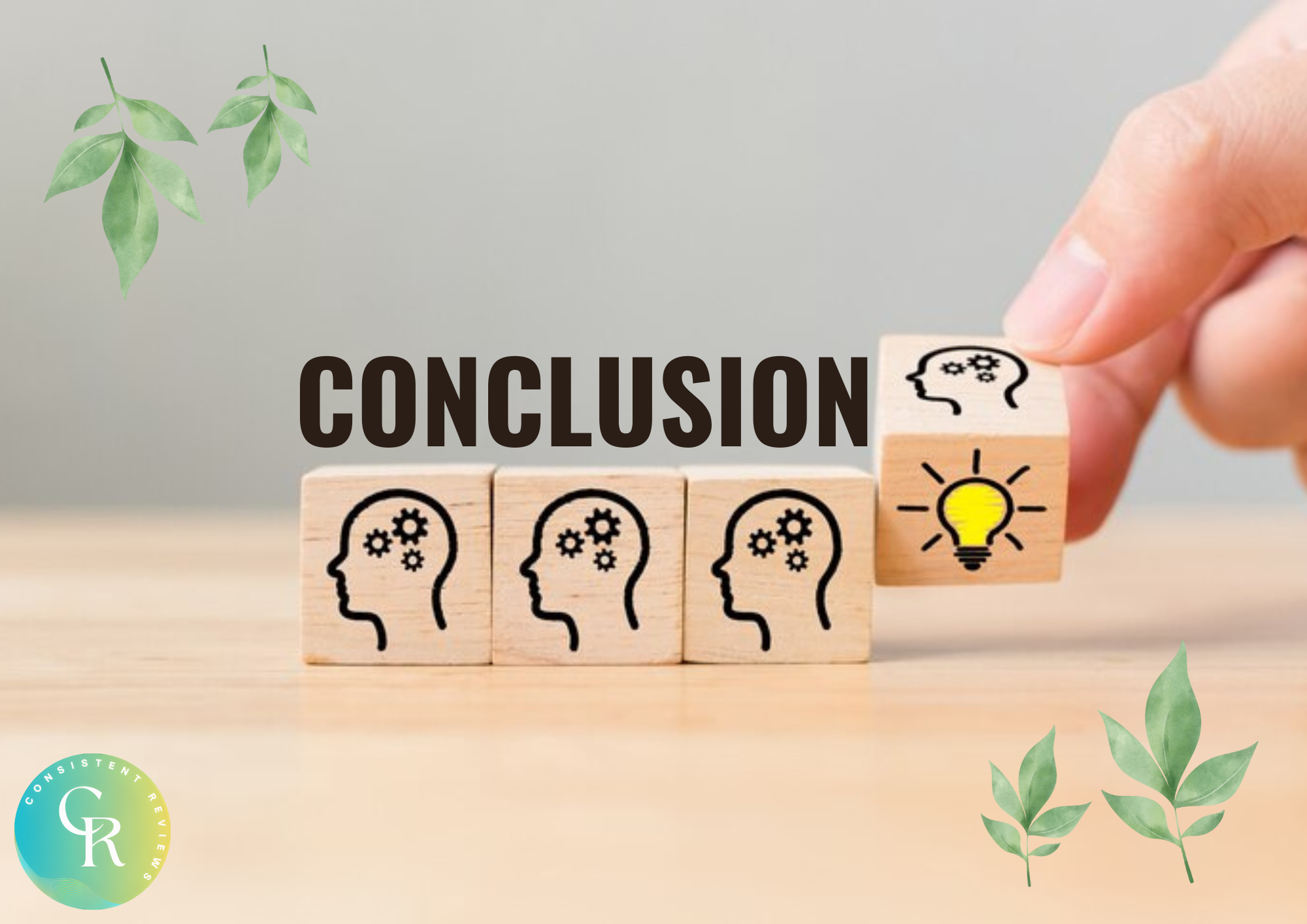
Organ supplements offer a convenient and nutrient-dense alternative to consuming organ meats directly. They provide a rich source of essential vitamins, minerals, and amino acids that support overall health and well-being. While there are potential risks, such as excess vitamin intake, choosing high-quality supplements and consulting with a healthcare provider can help mitigate these concerns. By incorporating organ supplements into a balanced diet, you can enhance your nutritional intake and support your body's needs.
